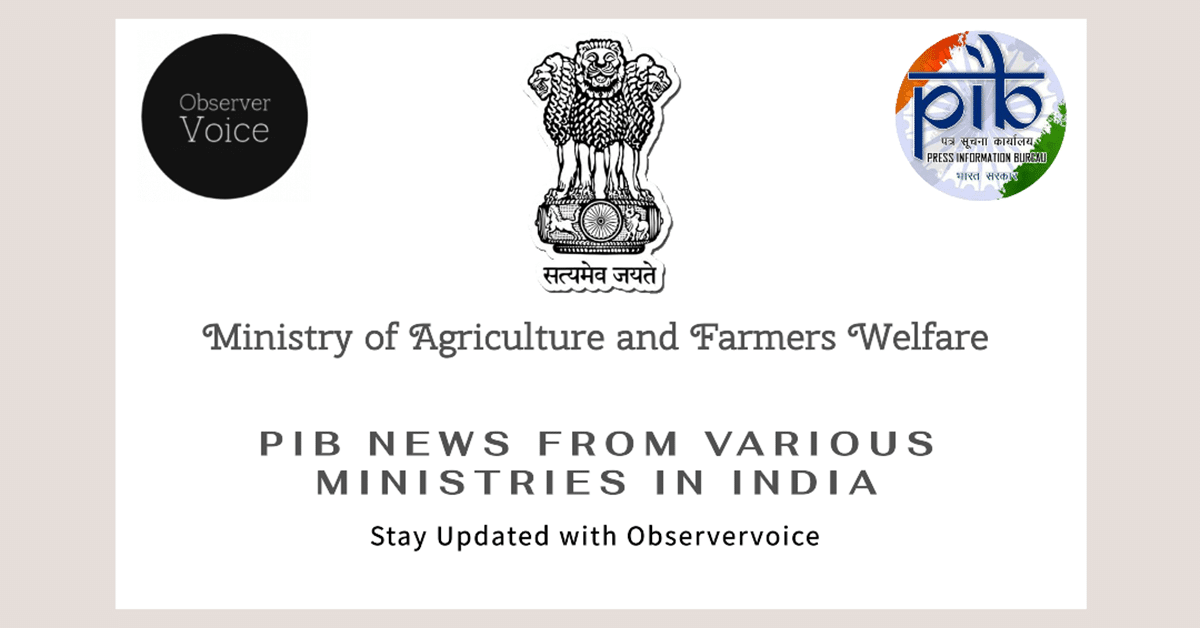Advancements in Agricultural Mechanization in India

The landscape of agriculture in India is evolving rapidly, thanks to modern agricultural machinery. These machines play a vital role in enhancing agricultural production and productivity. They also improve the efficiency of costly inputs like seeds, fertilizers, and irrigation water. Furthermore, mechanization reduces the physical strain on farmers, making agricultural operations less labor-intensive. However, the adoption of these technologies varies across different states due to factors such as socio-economic conditions, geographical features, types of crops grown, and irrigation facilities.
Government Initiatives to Promote Mechanization
The Indian government is actively promoting agricultural mechanization, particularly among small and marginal farmers. The aim is to extend the benefits of mechanization to regions with limited access to farm power. One of the key strategies is the establishment of Custom Hiring Centers (CHCs). These centers help mitigate the challenges posed by small land holdings and the high costs associated with owning agricultural machinery.
The government has implemented the Centrally Sponsored Scheme known as the Sub-Mission on Agricultural Mechanization (SMAM) since 2014-15. This initiative provides financial assistance ranging from 40% to 50% of the cost of machinery, depending on the category of farmers. Additionally, rural entrepreneurs, cooperative societies, and farmer producer organizations can receive up to 80% financial support for establishing CHCs and high-tech hubs for advanced agricultural machines. This scheme covers a wide range of agricultural equipment, facilitating both crop production and post-production activities.
Addressing Crop Residue Management
Another significant initiative is the Crop Residue Management Scheme, launched in 2018-19. This program aims to combat air pollution caused by the burning of paddy stubble, particularly in states like Punjab, Haryana, and Uttar Pradesh. The scheme provides financial assistance of 50% to farmers for purchasing crop residue management machinery. For rural entrepreneurs and cooperatives, the assistance can go up to 80%.
The machinery promoted under this scheme includes advanced tools like the Super Straw Management System, Happy Seeder, and Zero Till Seed cum Fertilizer Drill. These machines help manage crop residue effectively, reducing environmental pollution. Furthermore, the scheme supports the establishment of a paddy straw supply chain, ensuring a continuous supply of straw for industries involved in biomass power generation and biofuel production.
Empowering Women through Drone Technology
In a groundbreaking move, the government has approved a Central Sector Scheme to provide drones to Women Self Help Groups (SHGs). With an outlay of Rs. 1261 crores for the period from 2023-24 to 2025-26, this initiative aims to empower women in agriculture. Under this scheme, women SHGs can receive up to 80% financial assistance for the purchase of drones and related accessories, with a maximum limit of Rs. 8 lakhs per drone.
This initiative not only enhances the technological capabilities of women in agriculture but also promotes their active participation in modern farming practices. Drones can be used for various agricultural tasks, including crop monitoring, spraying pesticides, and assessing crop health. By integrating technology into their farming practices, women can improve productivity and contribute to the overall growth of the agricultural sector.
Impact of Mechanization in Uttar Pradesh
The impact of these initiatives is evident in Uttar Pradesh, where significant funds have been allocated for agricultural mechanization. From 2014-15 to 2024-25, the state has received Rs. 656.56 crores under the SMAM scheme, resulting in the distribution of over 176,722 machines to farmers. Additionally, 10,769 CHCs and high-tech hubs have been established, providing farmers with access to modern agricultural equipment.
Under the Crop Residue Management Scheme, Uttar Pradesh has received Rs. 763.67 crores, leading to the distribution of more than 70,500 crop residue management machines. The establishment of 8,804 CHCs for crop residue management further underscores the state’s commitment to sustainable agricultural practices. Moreover, the Namo Drone Didi Scheme aims to supply 15,000 drones, with the first batch of 500 drones already procured and distributed to selected SHGs.
Observer Voice is the one stop site for National, International news, Sports, Editor’s Choice, Art/culture contents, Quotes and much more. We also cover historical contents. Historical contents includes World History, Indian History, and what happened today. The website also covers Entertainment across the India and World.

